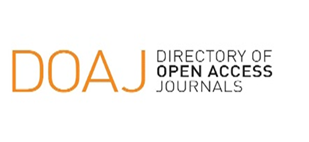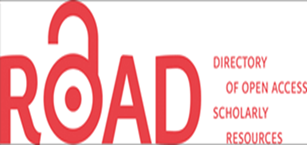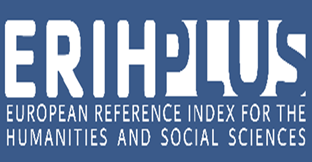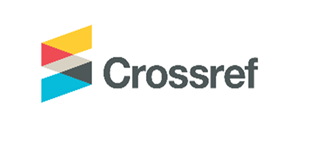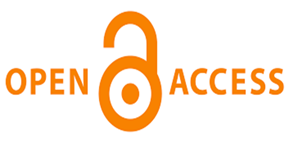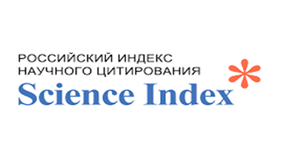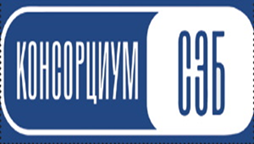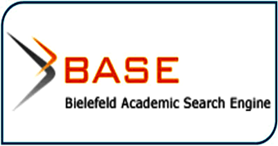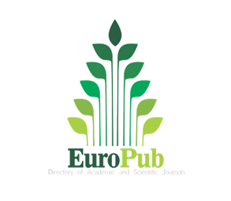Screening for plagiarism and use of artificial intelligence (AI)
All submitted manuscripts in the Kazakh, Russian and English languages are checked for plagiarism using the checking software "Anti-Plagiarism University" system, which is used by the publisher to check for anti-plagiarism in the educational, scientific, and publishing activity of the L.N. Gumilyov Eurasian National University.
Only original manuscripts and/or those manuscripts whose originality is more than 80-85% (according to the results of checking through the anti-plagiarism system) are forwarded for further review. Indicators below this threshold are examined on a case-by-case basis for borrowing, formalized citations, plagiarism, and self-citation. Plagiarism of other people's work, use of other people's text, and borrowing of the author's formulations without making links are considered unacceptable. If such cases are found, the editors have the right to reject the manuscript without further consideration.
In matters relating to the use of artificial intelligence (AI) for writing articles and reviewing articles, the journal’s editorial board is guided by the provisions set out in Clause 5 of Annex 1 to Order No. 127 of the Minister of Education and Science of the Republic of Kazakhstan dated 31 March 2021 (as amended by Order No. 4of the Minister of Science and Higher Education of the Republic of Kazakhstan dated 6 January 2025).
The “Antiplagiat VUZ” system can detect AI-generated articles.
The editorial board permits the use of AI in scientific articles solely for auxiliary research purposes only, provided that the following principles are observed:
- Authors must ensure the verified and ethically responsible use of information obtained through AI technologies.
- When using AI for these purposes, proper references must be provided, including the name of the technology, the developer (rights holder), version, and date of access. For example: OpenAI (2023) ChatGPT [Generative AI tool]. Available at: https://chat.openai.com/chat (Accessed: 20 March 2023).
- AI technologies may be used for the statistical processing of research results (e.g., surveys, testing, and questionnaires) and for the rapidly and efficiently retrieving Turkic monument texts from digital resources.
- Authors must inform the editorial board of their use of AI, specifying the stages of the research, the locations where the technology was applied, and the manner in which it was used.
The editorial board does not permit the use of AI in the following cases:
- For generating the main text of the article (abstract, introduction, methodology and materials, literature review, analysis and research results, references);
- When AI is used without proper referencing (technology name, developer/rights holder name, version, date of access and use);
- For applying AI in ways intended to reduce or eliminate the possibility of plagiarism detection;
- For concealing plagiarism by altering text from another author’s work using AI without citing the original source.


